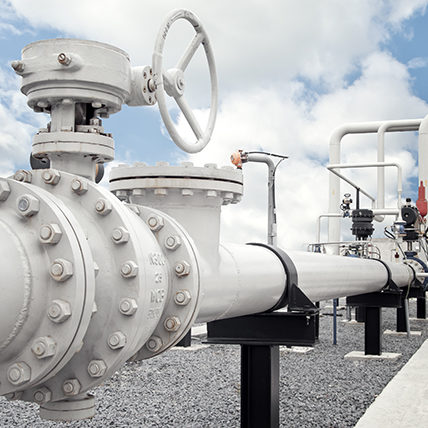About CAMS
CAMS is an industry-led research collaboration on methane science—dedicated to improving the understanding of methane emissions and focused on detection, measurement, and quantification of methane emissions. CAMS will evaluate new tools and technologies to improve the detection of leaks and characterization of emissions.

Robust, transparent scientific results are important data points needed to tell the story of natural gas’s environmental benefits.
What We Do
- Effectively leverage finite resources—realizing over 6x return on investment—for scientific studies to address methane emissions along the entire value chain, from production to end use
- Produce sound, transparent data and analysis to inform emissions reduction efforts, regulations, and policy development
- Publish project results in peer-reviewed scientific journals and engage in communications initiatives to build public awareness of our results and conclusions to establish CAMS as a thought leader on these issues
Why It Matters
Maximizing the environmental benefits of natural gas requires reducing methane emissions across the entire value chain. Advancing the science of methane emissions will better inform debate.
CAMS research characterizes methane emissions and identifies specific sources, so mitigation strategies are most effective. Results from CAMS research has the potential to lead to technology solutions, better work practices, and new equipment designs to manage methane emissions.
Demonstrable advancements in the environmental performance of natural gas bolster the fuel’s reputation as a sustainable, safe energy source, and the collaboration reinforces industry’s long-term commitment to environmental performance.
CAMS research contributes to:
- Improved estimates for methane emissions – statistically valid data and tools
- Improved measurement, quantification, prioritization, and mitigation
- Reconciliation of data
- Cross-sector research and planning that is complementary rather than redundant

